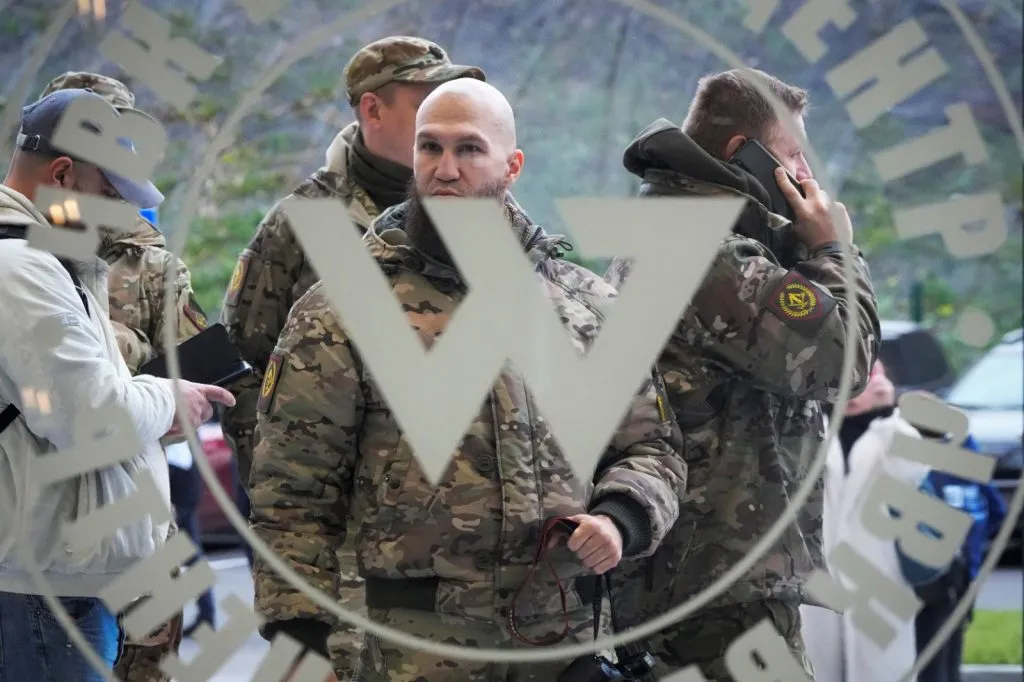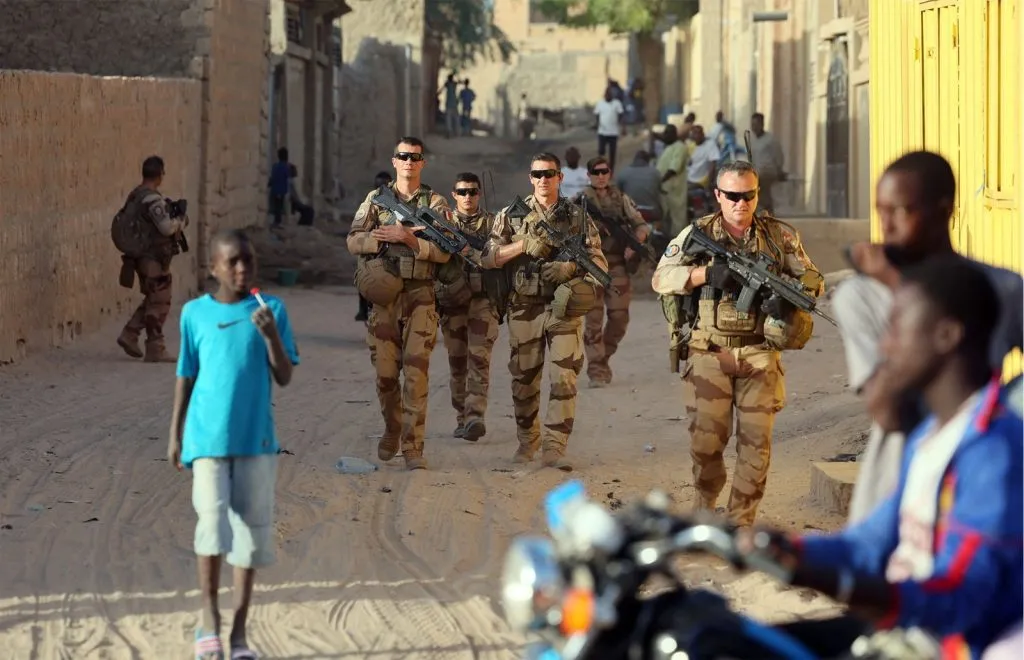By Abia Noumbissi
The United States treasury placed sanctions on Ivan Maslov, unit chief of Wagner, a Russian private military group in Mali, as well as two high-ranking Malian soldiers, for “human rights violations”. The announcement of the sanctions was contained in a Press release by the US Department of Treasury published on Thursday, 25 May.

According to the Treasury’s press release, the three are accused of aiding in the shipment of military equipment through Mali to use in Ukraine.
This is just one of many sanctions the US has released to challenge Wagner’s activities in Africa.
“The Wagner Group may be attempting to obscure its efforts to acquire military equipment for use in Ukraine, including by working through Mali and other countries where it has a foothold. The United States opposes efforts by any country to assist Russia through the Wagner Group,” the press release reads in part.
“As a result of today’s action, all property and interests in property of the designated person described above that are in the United States or in the possession or control of U.S. persons are blocked and must be reported to OFAC” the press release added.
Based on an interview with a US official conducted by CNN, before these sanctions, there were no signs that Wagner was able to successfully obtain equipment. But they were working towards getting drones and weapons tracking systems from contacts in Mali.
Within the last few years, Wagner has expanded its presence in Africa to the detriment of Western powers already operating in the continent. In September 2021, Russian Foreign Minister Sergey Lavrov announced that the Malian government would be hiring private Russian mercenaries.
In early 2022, French President Emmanuel Macron announced that French troops would be withdrawing from Mali ending their nine-year-long military intervention. One of the reasons France cited for withdrawing from Mali is the tense relations with Mali’s military government that took power during a coup d’état in 2020.
The change in military presence and these sanctions highlight the changing relationship between Western European Countries and the US and many African nations.

Germany has also expressed concern over whether they would stay a part of the European military training in Mali. Much to the objections of different West African leaders, many say they cannot fight terrorist groups in the region alone.
It brings up the question of if it is advisable for African governments to employ Russian aid even if there is pushback from Western allies if they are more hesitant now to provide help.
At the other end of the conversation, some African political analysts feel this is a way for governments to be able to gain more influence against world powers by partnering with their opposition.
In some cases, it would individuals who have been accused already by the US government. For instance, the entire Malian government has been condemned for having helped Wagner to be able to easily work out of Mali.
As the reliance on Russian mercenaries potentially increases to the detriment of the influence of Western countries, many are questioning if this could mean that there may be more instances of sanctions against top officials.
Other critics have been quick to point out that these sanctions are more bark and no bite as it does very little to stop the Russians from making more inroads into sub–Saharan Africa.
These criticisms arise from the fact that on January 26, 2023, the same US Treasury Department designated the Wagner Group, a Russian proxy, as a transnational criminal organization and imposed similar sanctions.



